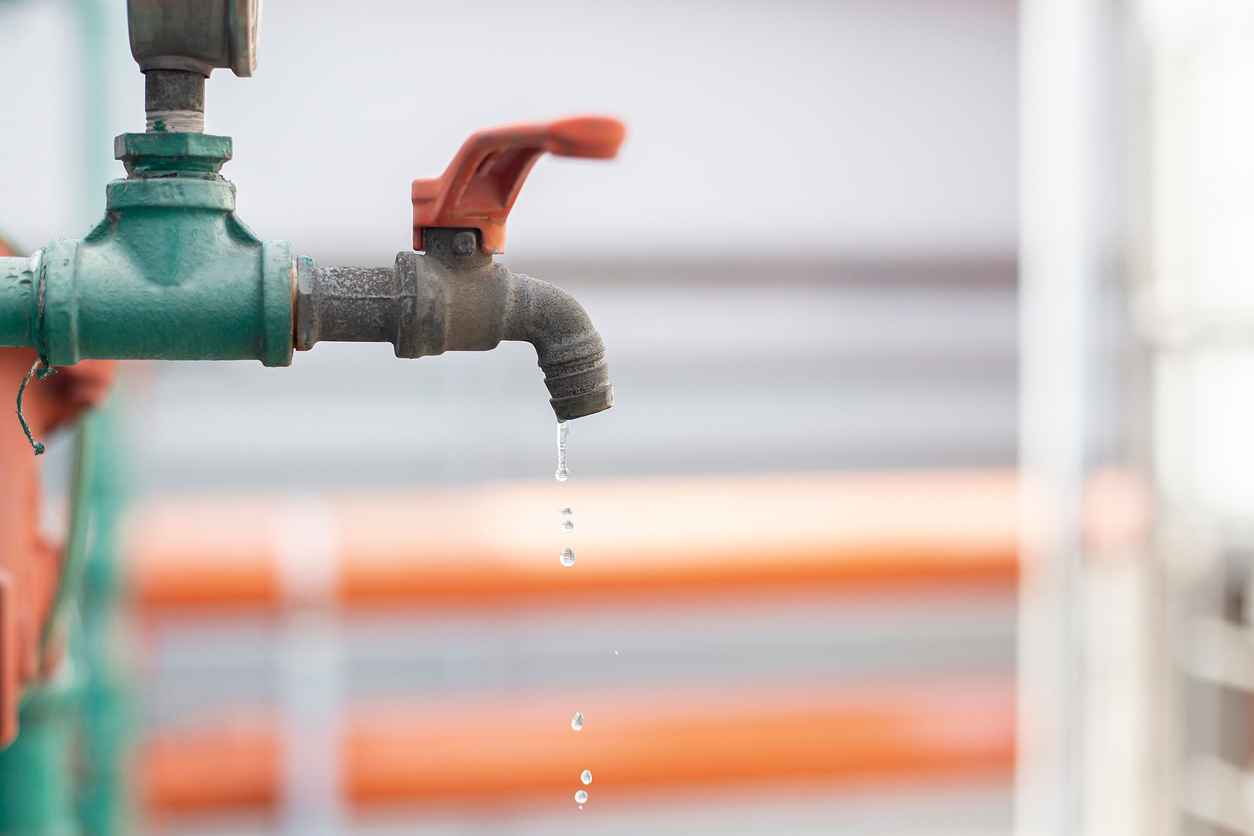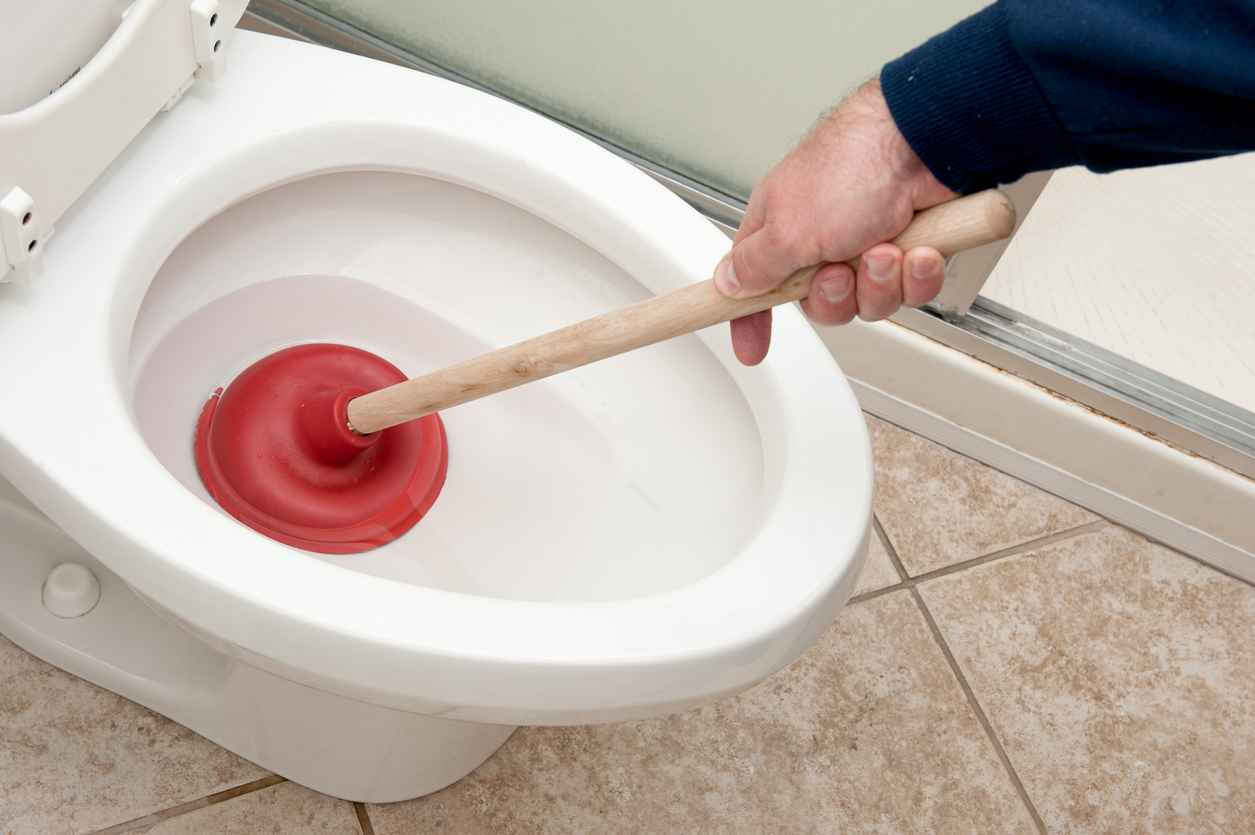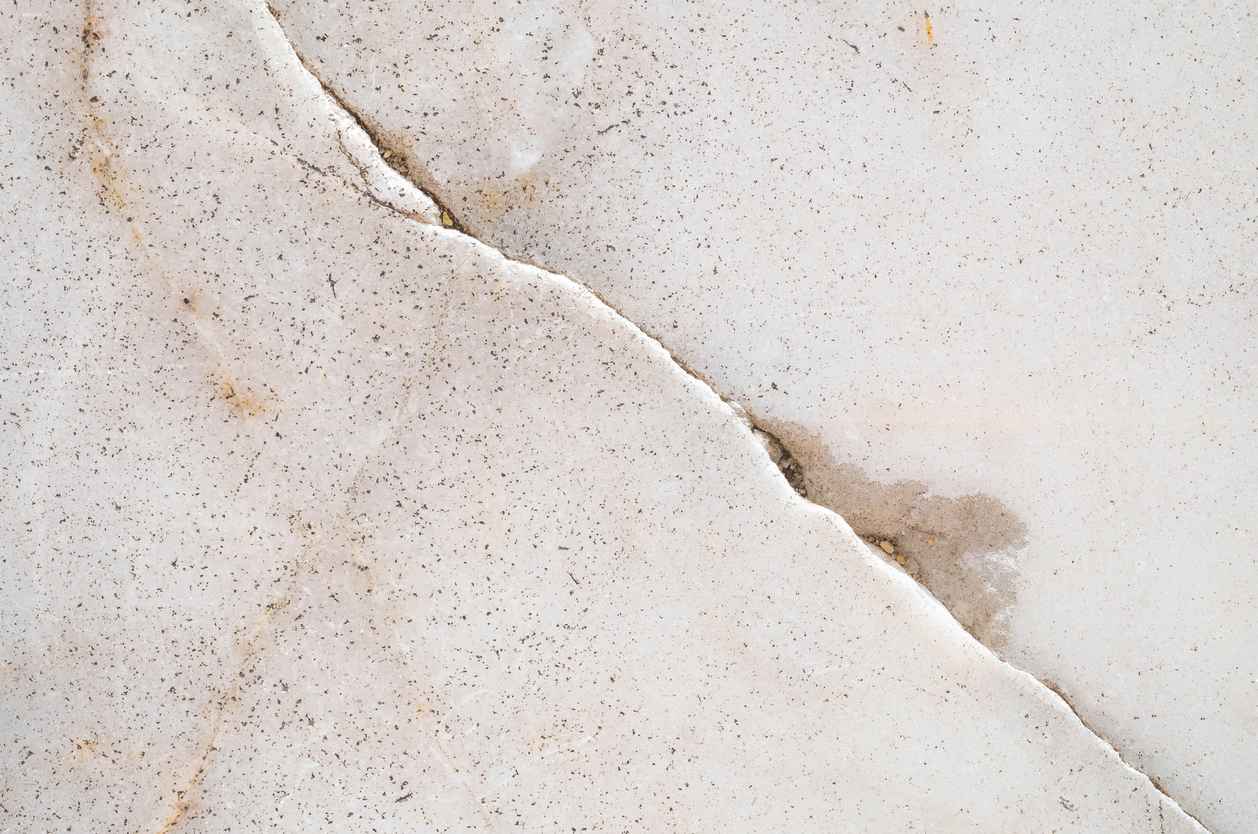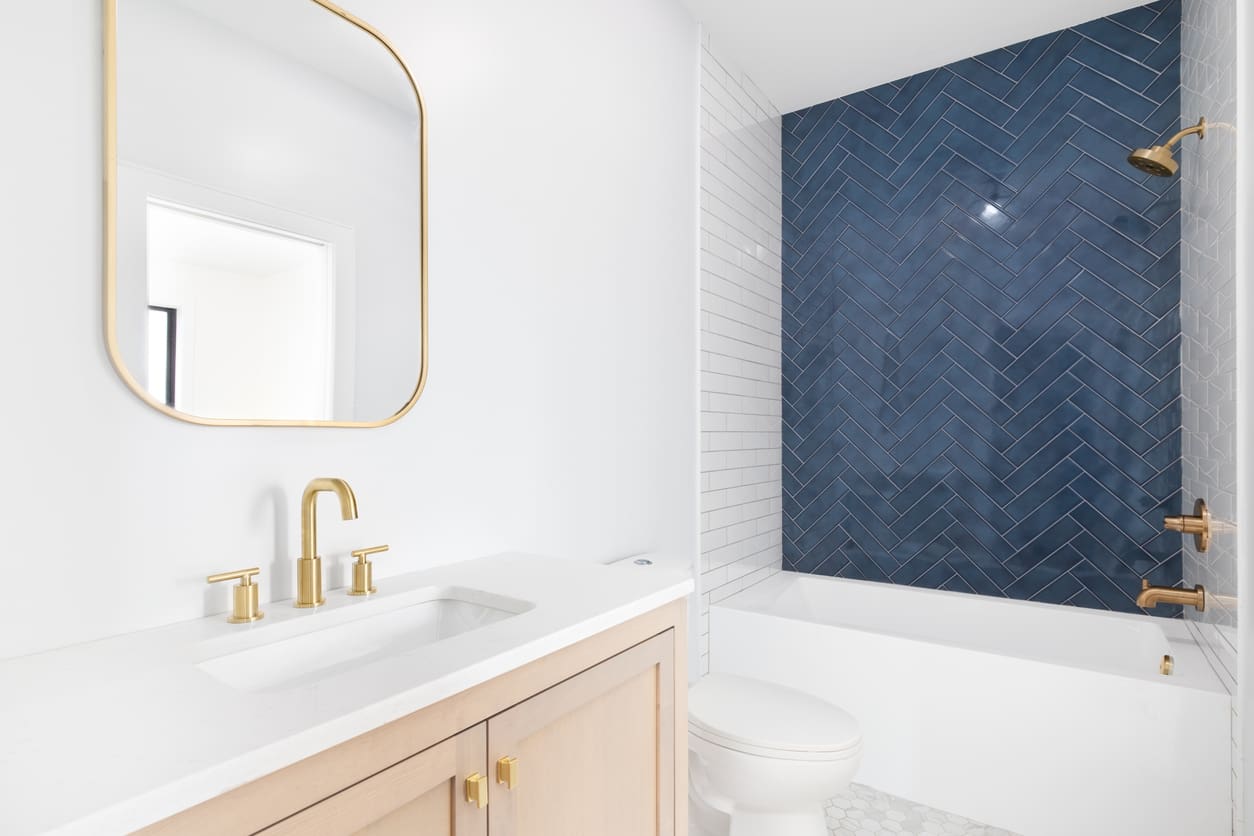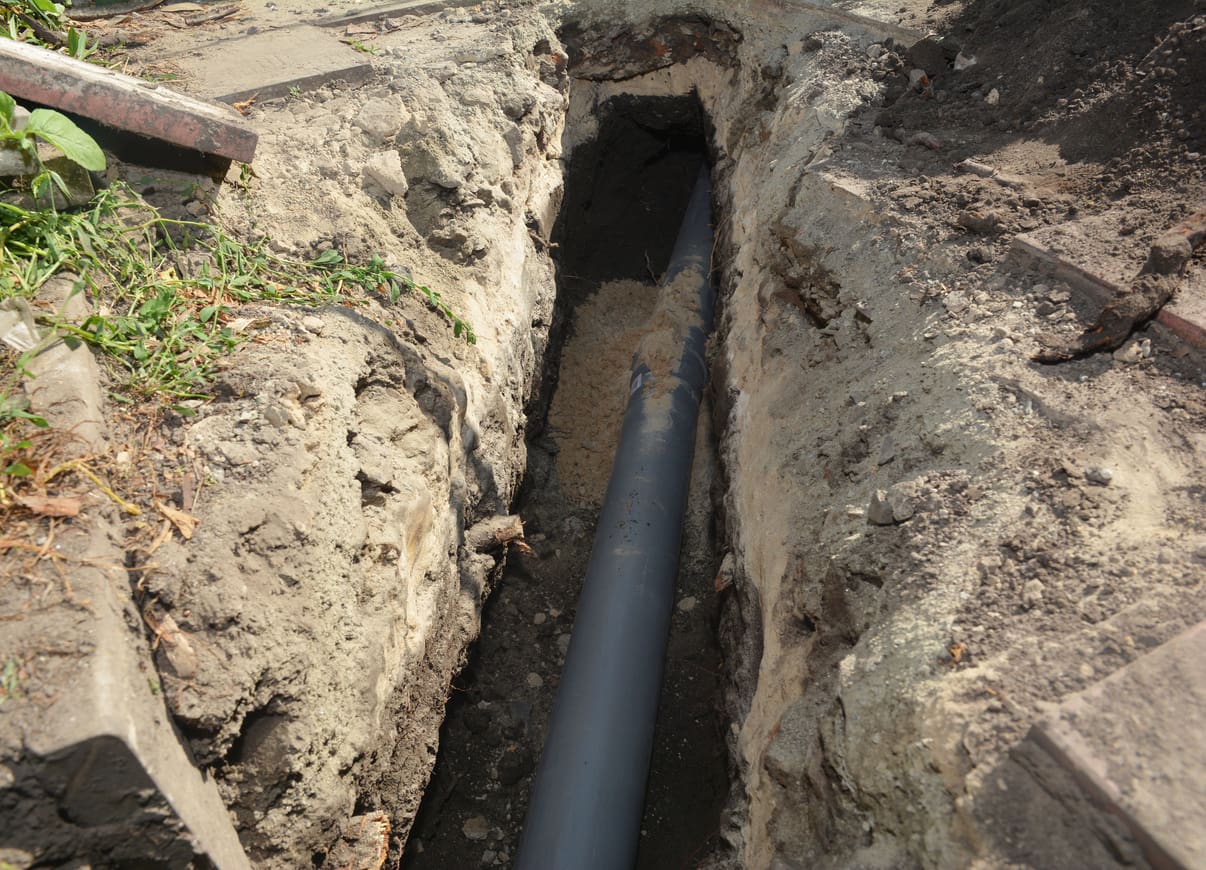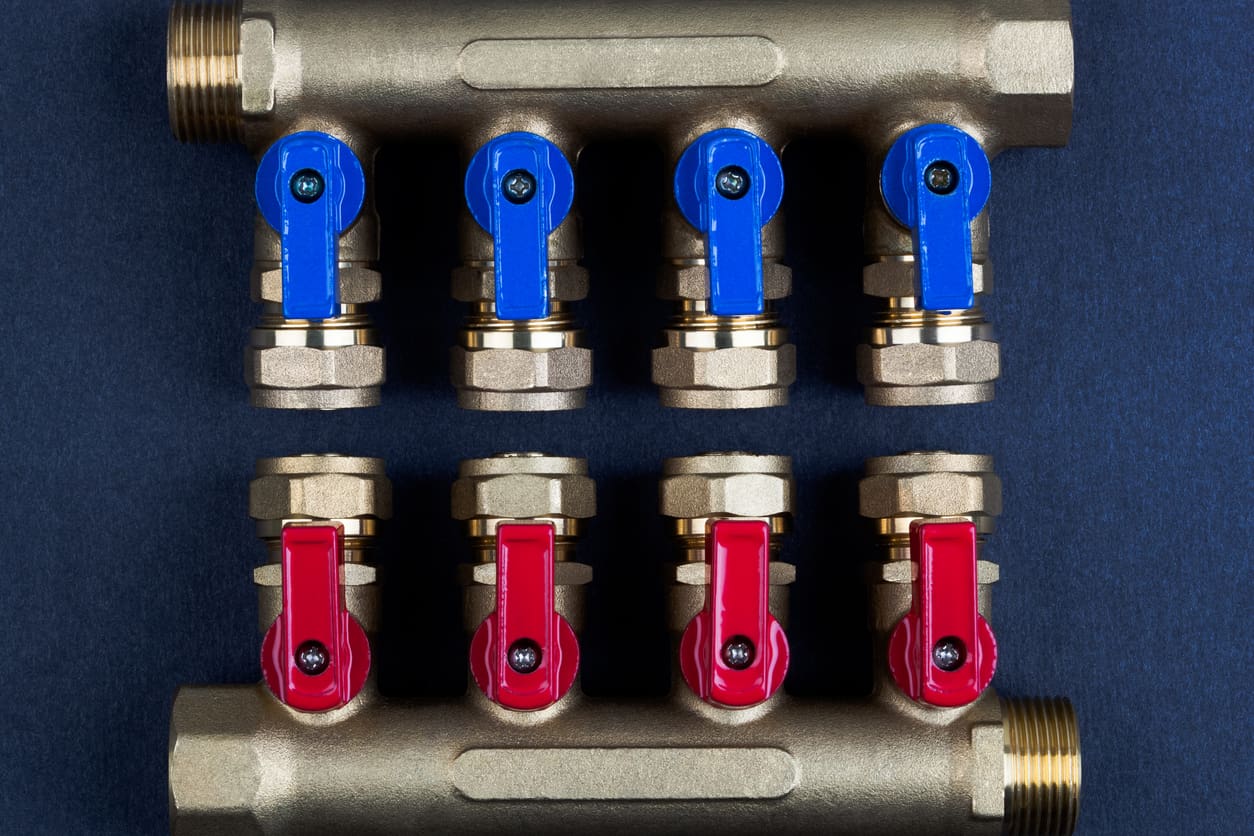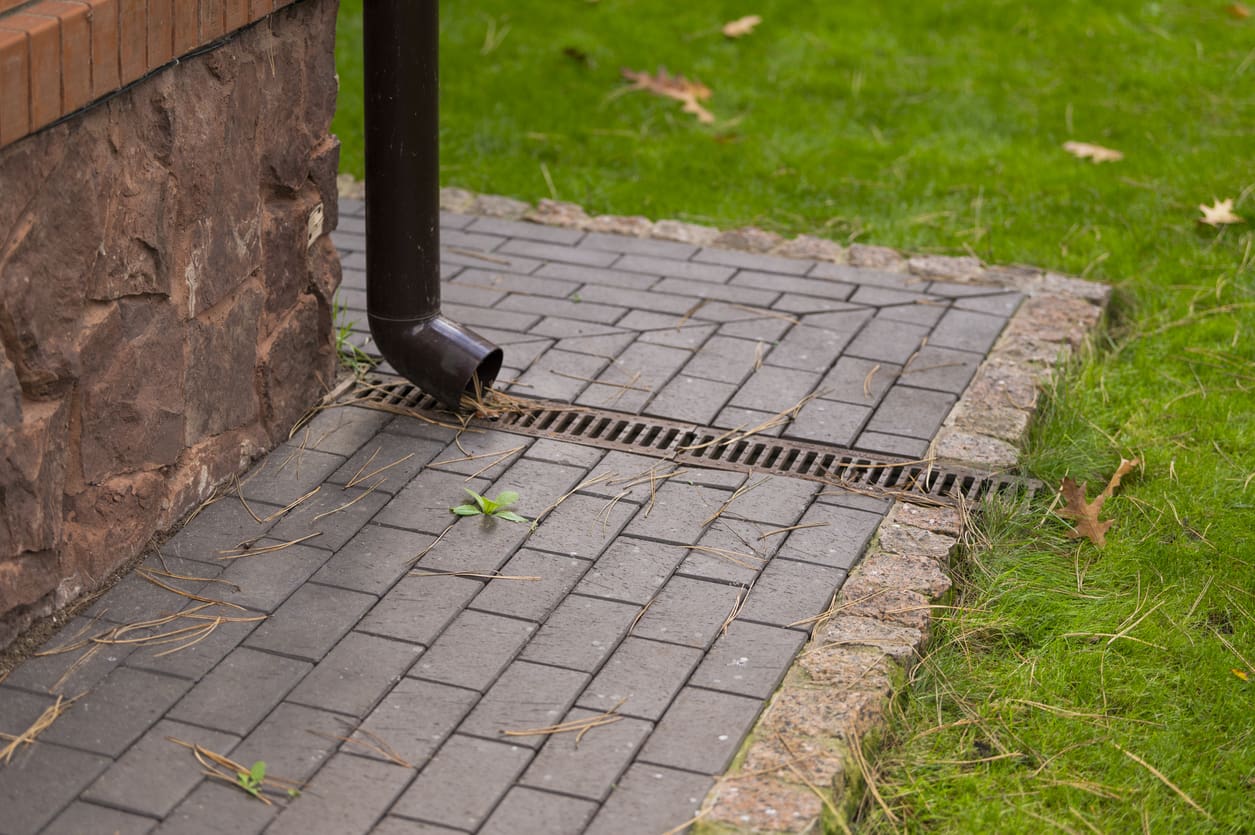absolute plumbing Inc.
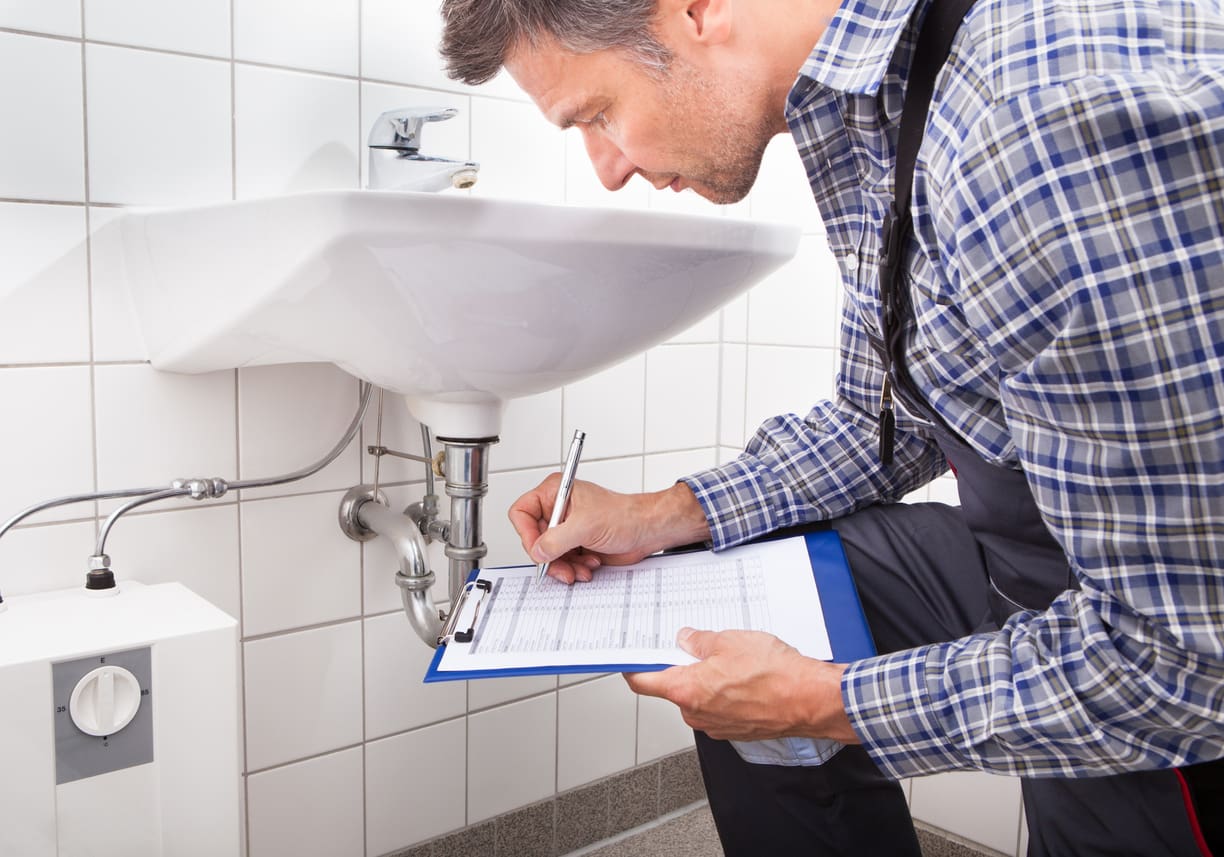
Why Plumbing Inspections Are So Important
When it comes to maintaining your home, one of the most crucial yet often overlooked aspects is the plumbing system. Regular plumbing inspections are vital to ensuring your home’s plumbing remains in optimal condition. This comprehensive guide will explore why plumbing inspections are so important, the potential costs involved, and what you can expect from a professional plumbing inspector.
The Importance of Plumbing Inspections
A plumbing inspection involves a thorough examination of your home’s plumbing system to identify any potential issues before they become major problems. These inspections can prevent significant damage, save money on repairs, and extend the lifespan of your plumbing system. Here are some key reasons why plumbing inspections are essential:
Early Detection of Problems
Regular plumbing inspections allow for early detection of issues such as leaks, corrosion, and blockages. Catching these problems early can prevent more severe damage and costly repairs in the future. For instance, a small leak detected during a home plumbing inspection can be fixed quickly and inexpensively, whereas a leak that goes unnoticed could lead to extensive water damage and higher repair costs.
Maintaining Water Quality
Your home’s plumbing system plays a crucial role in maintaining water quality. Corroded pipes or buildup can affect the taste, color, and safety of your water. A plumbing inspector will check for signs of corrosion and other issues that could compromise your water quality, ensuring that your family has access to clean, safe water.
Ensuring Compliance with Local Codes
Building codes and regulations are in place to ensure the safety and efficiency of your plumbing system. Regular plumbing inspections help ensure that your home complies with these local codes, which can be especially important if you plan to sell your home. Non-compliance can lead to fines or complications during the sale process.
Preventing Emergency Repairs
Emergency plumbing repairs can be stressful and expensive. Regular plumbing inspections can identify potential issues that, if left unaddressed, could lead to emergency situations such as burst pipes or severe clogs. By addressing these issues proactively, you can avoid the hassle and high costs associated with emergency repairs.
What Does a Plumbing Inspection Include?
A comprehensive plumbing inspection typically includes several key components to ensure all aspects of your plumbing system are thoroughly evaluated. Here’s what you can expect:
Visual Inspection
The plumbing inspector will visually inspect all accessible plumbing fixtures and pipes. This includes checking for leaks, corrosion, and signs of wear and tear. They will also examine exposed pipes in areas like basements and crawl spaces.
Water Pressure Check
Proper water pressure is essential for the efficiency of your plumbing system. The inspector will measure the water pressure to ensure it is within the recommended range. High or low water pressure can indicate underlying issues that need to be addressed.
Drainage Inspection
The inspector will check the drainage system to ensure that water flows freely and there are no blockages. This includes checking sinks, showers, tubs, and toilets for proper drainage.
Inspection of Water Heater
The water heater is a critical component of your home’s plumbing system. The inspector will examine the water heater for signs of wear, corrosion, and leaks. They will also check the temperature and pressure relief valve to ensure it is functioning correctly.
Sewer Line Inspection
A more in-depth inspection may include a sewer line inspection using a specialized camera. This allows the inspector to see inside the sewer line and identify any blockages, cracks, or other issues that could cause problems in the future.
Plumbing Inspection Cost
The plumbing inspection cost can vary depending on the size of your home, the complexity of the plumbing system, and the region you live in. On average, a basic plumbing inspection can cost between $150 and $300. More comprehensive inspections that include sewer line inspections or specialized testing may cost more.
While the upfront cost of a plumbing inspection may seem like an additional expense, it is a worthwhile investment. The potential savings from preventing major repairs and maintaining the efficiency of your plumbing system far outweigh the inspection cost.
Bathroom Plumbing Inspection
A bathroom plumbing inspection is a vital part of maintaining one of the most frequently used areas in your home. During this inspection, the plumbing inspector will check the sinks, faucets, showers, tubs, and toilets for any signs of leaks, corrosion, or blockages. Ensuring that your bathroom plumbing is in good condition can prevent water damage and maintain the functionality of this essential space.
Conclusion
Regular plumbing inspections are a crucial part of home maintenance that can prevent significant damage, save money, and ensure the safety and efficiency of your plumbing system. From early detection of problems to maintaining water quality and compliance with local codes, the benefits of these inspections are numerous.
If you haven’t had a plumbing inspection recently, now is the time to schedule one. Contact Absolute Plumbing for a professional, thorough inspection of your home’s plumbing system. Our experienced team of plumbing inspectors is here to help you maintain a safe, efficient, and reliable plumbing system. Don’t wait until it’s too late—schedule your inspection today and ensure peace of mind for you and your family.
For all your plumbing needs, including home plumbing inspections and bathroom plumbing inspections, Absolute Plumbing is here to help. Contact us today to schedule an inspection and take the first step towards a well-maintained plumbing system.

